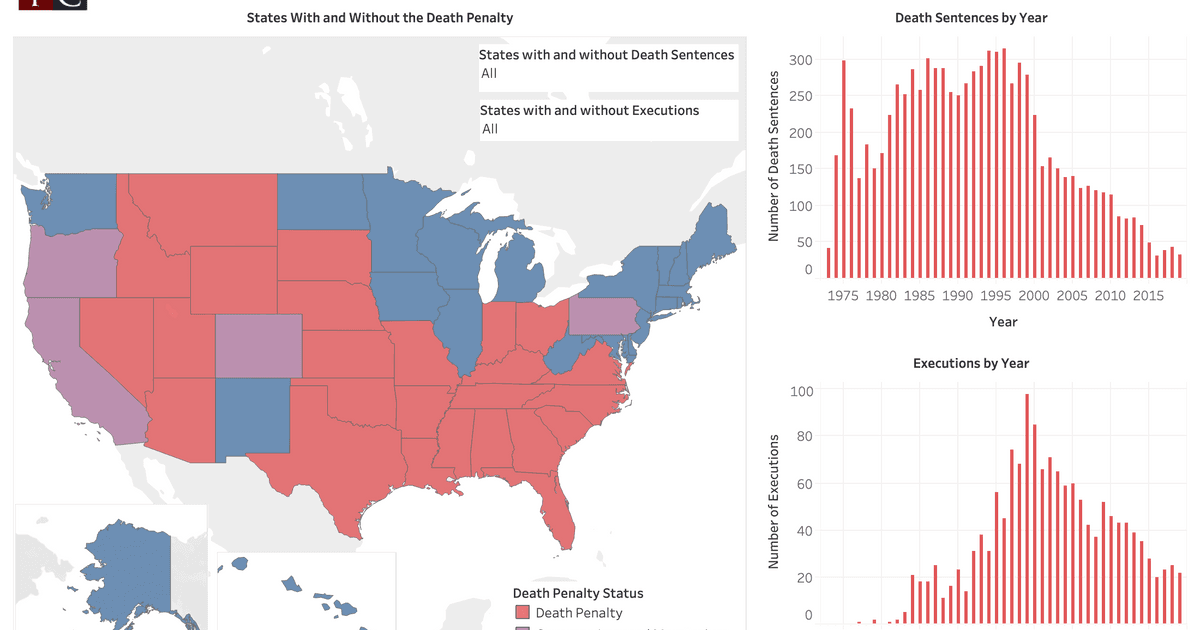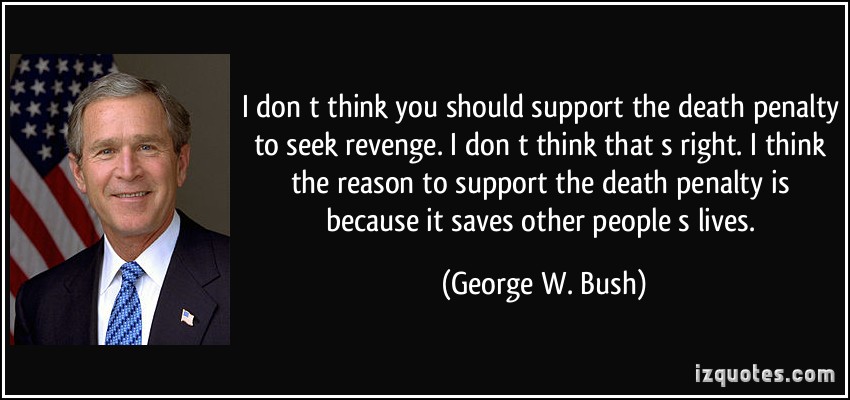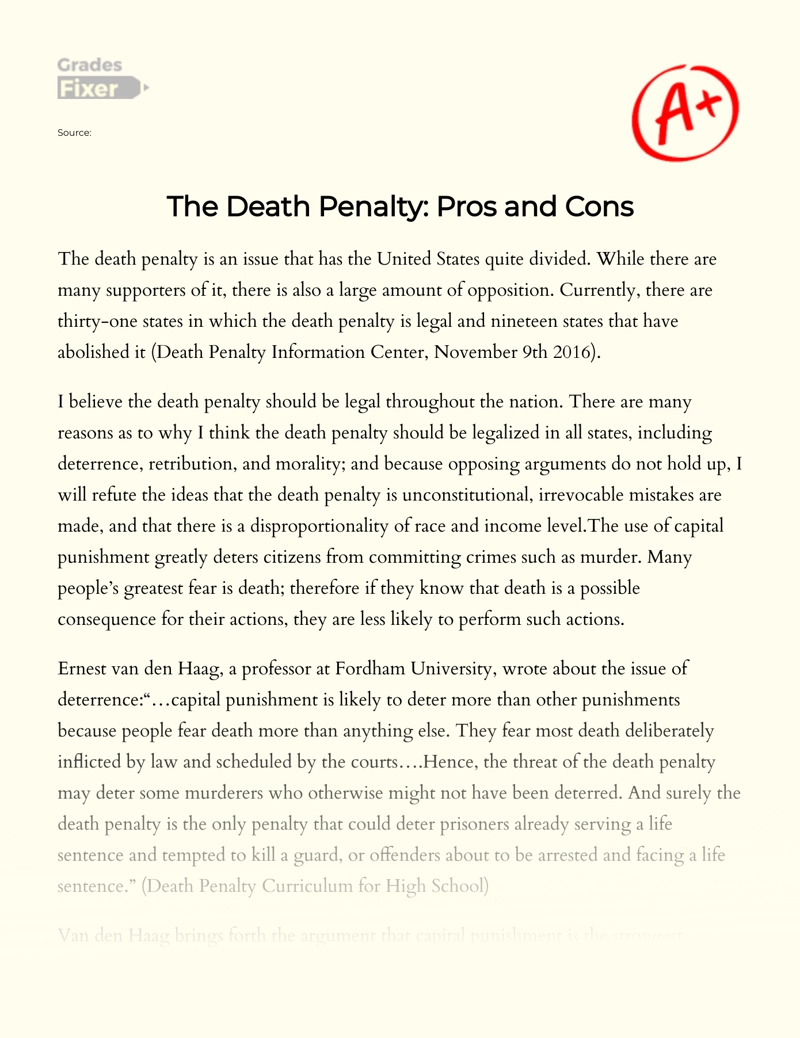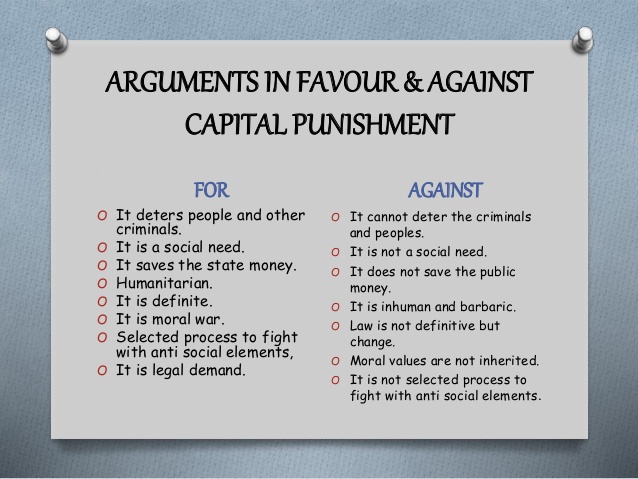The death penalty, also known as capital punishment, is the practice of executing individuals who have been convicted of certain crimes, often murder. While supporters of the death penalty argue that it serves as a deterrent to crime and allows for retribution, there are several arguments against the use of capital punishment.
One major concern with the death penalty is the possibility of executing innocent people. Despite advances in forensic science and the criminal justice system, the risk of wrongful convictions remains. In the United States, over 170 people have been exonerated and freed from death row since 1973, according to the Death Penalty Information Center. This means that these individuals were wrongly convicted and sentenced to death, only to be later proven innocent through DNA evidence or other forms of proof. The prospect of executing an innocent person is a grave injustice that cannot be undone.
Another issue with the death penalty is the disproportionate impact it has on certain groups. Studies have shown that people of color, particularly African Americans, are more likely to be sentenced to death than white people, even when controlling for the severity of the crime. In addition, those who cannot afford adequate legal representation are more likely to be sentenced to death, as they may not have the resources to mount a strong defense. This is a clear example of how the death penalty can be used to disproportionately target and punish marginalized communities.
The cost of the death penalty is another point of contention. The process of seeking and carrying out the death penalty is significantly more expensive than life imprisonment. The costs of lengthy appeals and additional legal proceedings associated with death penalty cases can be exorbitant, and these costs are often passed on to taxpayers. In comparison, life imprisonment is a much cheaper alternative, as it does not require the same level of legal proceedings and appeals.
Another argument against the death penalty is that it does not serve as an effective deterrent to crime. Studies have shown that the rate of murder is not lower in states with the death penalty compared to those without it. In fact, some research suggests that the death penalty may even increase the murder rate by creating a “brutalization effect,” in which the use of capital punishment desensitizes society to violence and may lead to an increase in violent crime.
In conclusion, the death penalty is a controversial and divisive issue that raises significant moral, legal, and practical concerns. While it may be tempting to use capital punishment as a means of punishment and retribution, the risks and drawbacks of the death penalty far outweigh any potential benefits. Instead of resorting to the death penalty, it is important to focus on ways to prevent crime and address the root causes of violence in society.








